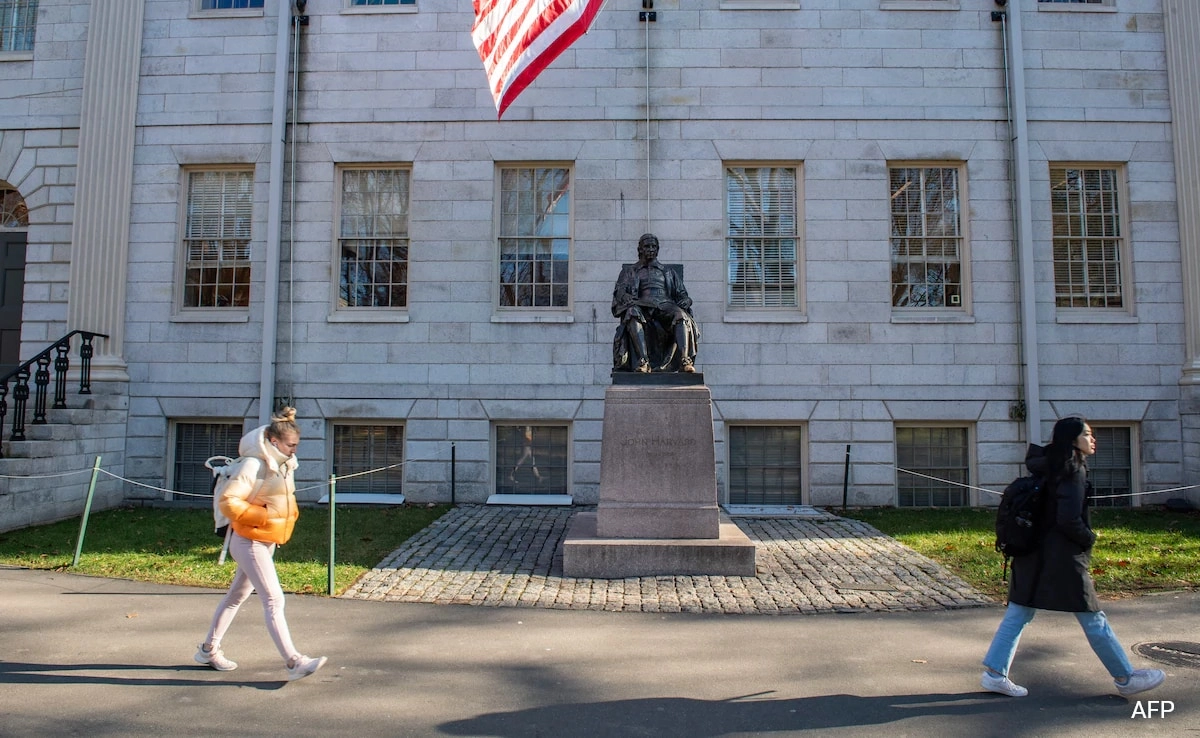During a live broadcast covering the devastating earthquake that struck Istanbul, a news anchor found herself in a particularly emotional and tense situation. As the ground shook and reports of destruction poured in, she was in the midst of an interview with a disaster response expert when the tremors intensified. In a poignant moment that showcased the personal toll of such disasters, the anchor paused the interview to request that her producer call her mother, expressing her immediate concern for her family’s safety. This candid moment highlighted not just the professional challenges journalists face in covering breaking news, but also the deeply human emotions that accompany such crises.
The earthquake, which registered a significant magnitude, caused widespread panic and damage throughout the city. As buildings swayed and alarms blared, residents scrambled to find safety, and news outlets raced to provide real-time updates on the situation. The anchor’s decision to pause the interview illustrated the profound impact of the disaster, not only on the general public but also on those reporting the news. It served as a reminder that behind the cameras and headlines, journalists are also individuals with loved ones who may be directly affected by the chaos unfolding around them.
In the wake of the earthquake, the media’s role becomes crucial as they inform the public about safety measures, rescue operations, and the state of emergency services. The anchor’s heartfelt plea to connect with her mother resonated with viewers, reminding them of the shared vulnerability that such natural disasters impose on everyone, regardless of their profession. As news outlets around the world reported on the earthquake’s aftermath, the anchor’s moment of personal concern became emblematic of a larger narrative—one that underscores the intersection of professional duty and personal anxiety in times of crisis.
This incident not only highlights the challenges faced by journalists during emergencies but also emphasizes the importance of empathy in reporting. Viewers were reminded that behind the polished exterior of news broadcasts are real people experiencing fear and uncertainty. The anchor’s vulnerability in that brief moment brought a human element to the coverage, showcasing that even in the face of professional obligations, personal connections and family ties remain paramount. As the city of Istanbul begins to recover and rebuild, the resilience of its people, along with the dedication of those who report on their stories, will play a significant role in navigating the aftermath of such a catastrophic event.




